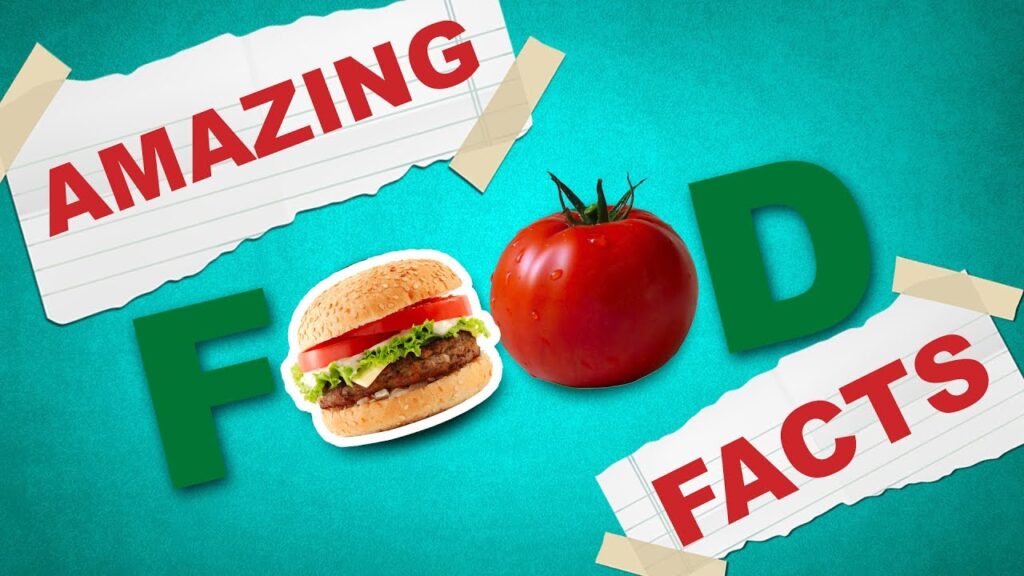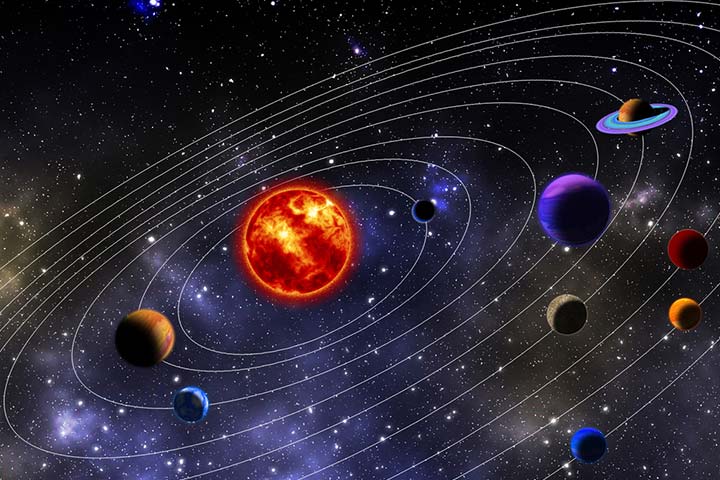Facts About Food: The Science Behind What You Eat

Food is a fundamental part of our lives. It sustains us, nourishes us, and even brings us pleasure. But have you ever wondered about the science behind the food you consume daily? From the chemical reactions that occur during cooking to the way our bodies process nutrients, the world of food is a fascinating realm of facts and discoveries. In this blog, we’ll delve into the science behind what you eat and uncover some intriguing facts that may change the way you look at your next meal.
The Chemistry of Cooking
When you’re in the kitchen, you’re essentially performing a series of chemical reactions. Whether you’re baking, grilling, or sautéing, understanding the science behind cooking can help you become a better chef. For instance, the Maillard reaction is responsible for the delightful browning of your steak and the crispy edges of your bread. It’s a chemical reaction between amino acids and reducing sugars that enhances flavor and aroma.
The Role of Taste Buds
Taste buds are tiny sensory organs on your tongue that help you perceive the five basic tastes: sweet, salty, sour, bitter, and umami. Each taste bud contains specialized cells that respond to these tastes. Sweetness is associated with the presence of sugars, while saltiness is detected by sodium ions. Understanding how taste buds work can shed light on why certain foods are so appealing to our palate.
Nutrient Absorption in the Body
The digestive system is a marvel of efficiency. After you eat, your body works tirelessly to break down food into its essential nutrients and absorb them for energy and growth. The small intestine, in particular, plays a crucial role in this process. Nutrient absorption involves complex mechanisms and is influenced by factors like gut bacteria, which can impact your overall health.
Food Allergies and Intolerances
Food allergies and intolerances are more common than you might think. While allergies are immune responses to specific proteins in food, intolerances often involve difficulties digesting certain components. Lactose intolerance, for example, occurs when your body lacks the enzyme lactase needed to digest lactose, a sugar in milk. Understanding these conditions can help you make informed dietary choices.
Food Preservation Techniques
Have you ever wondered how food can be stored for long periods without spoiling? The science of food preservation is a fascinating topic. Techniques like canning, freezing, and drying alter the conditions in which microorganisms can thrive, ensuring that food remains safe to eat for extended periods.
Food and Mood
Food not only affects your body but also your mind. The connection between food and mood is known as nutritional psychiatry. Studies have shown that the foods you eat can influence your mental health. For example, omega-3 fatty acids found in fish can have a positive impact on mood and may help alleviate symptoms of depression.
Final Words
The science behind what you eat is a vast and ever-evolving field, offering a deeper understanding of the foods we consume daily. From the chemistry of cooking to the effects of nutrients on our bodies and minds, these facts about food can enhance your appreciation of the culinary world. So, the next time you sit down to a meal, take a moment to savor the science behind the flavors, and you’ll see that food is not just sustenance; it’s a fascinating journey of discovery.







Fashion, luxe, lifestyle
The best fashion startpage for hypebeasts and stylish people.
Industry news, events. New collections, collaborations, limited editions.
https://lepodium.in/
Самые стильные новинки подиума.
Абсолютно все мероприятия известнейших подуимов.
Модные дома, бренды, haute couture.
Свежее место для модных хайпбистов.
https://whitesneaker.ru/
Наиболее свежие события моды.
Актуальные мероприятия самых влиятельных подуимов.
Модные дома, бренды, гедонизм.
Новое место для трендовых хайпбистов.
https://modavmode.ru
Точно свежие события мировых подиумов.
Абсолютно все новости всемирных подуимов.
Модные дома, лейблы, haute couture.
Интересное место для стильныех хайпбистов.
https://miramoda.ru
Полностью актуальные события индустрии.
Важные мероприятия известнейших подуимов.
Модные дома, бренды, гедонизм.
Самое приятное место для модных хайпбистов.
https://urban-moda.ru/
Самые важные новости индустрии.
Важные мероприятия мировых подуимов.
Модные дома, торговые марки, haute couture.
Лучшее место для трендовых людей.
https://sofiamoda.ru
Несомненно свежие новости подиума.
Важные новости всемирных подуимов.
Модные дома, лейблы, высокая мода.
Самое лучшее место для модных хайпбистов.
https://fashionsecret.ru
Абсолютно свежие новинки моды.
Все события самых влиятельных подуимов.
Модные дома, бренды, haute couture.
Самое приятное место для модных хайпбистов.
https://fashionablelook.ru